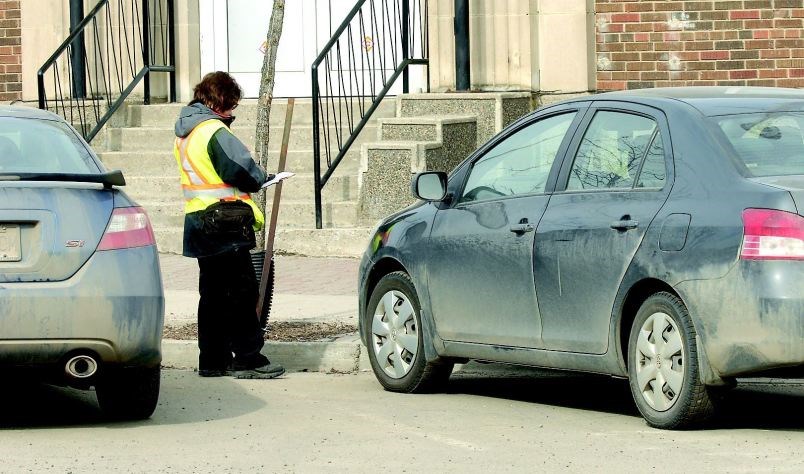A new forum for disputing minor bylaw infractions should be in place by January.
City councillors took a step towards that goal Monday when they gave the first three readings to a bylaw to bring such matters before an adjudicator rather than go directly to the court.
The initiative is being hailed as less costly and onerous for both the city and the complainant.
"It cuts down on costs for the person ticketed," bylaw services manager Fred Crittendon told council. "They're not required to attend in person...they can submit a written argument to the adjudicator, they can present themselves via telephone conference or they can appear in person if they wish to.
"For us as well, it saves on court costs. Our file presented to the adjudicator is completely a paper file, so we're not bringing people in off their shift to testify in court.
"For witnesses, whether it be a neighbour complaining about a barking dog or witnesses for some other kind of offence, we would also be presenting paper statements to an adjudicator, properly sworn, so that cuts down on those individuals having to come into court and lose a day of work."
Before it is taken to an adjudictator, a screening officer will review the complaint to determine if the elements of the alleged offence can be proven, whether a ticket should be cancelled or changed to a warning or allow the offender to enter into a compliance agreement.
Offenders who enter a compliance agreement stand to see up to a 50-per-cent reduction in the fine in exchange for living up to conditions imposed for up to one year.
Parking, animal control, business licensing, garbage storage and noise would be among the issues to be dealt with.
As it stands, disputes that land in court are heard by a justice of the peace on a circuit basis.
The city currently pays about $200 per hour for a lawyer to prepare court documents, review files and represent the city in court.
Fees for adjudication are legislated by the provincial government. Adjudicators cost $400 per day or $200 per half-day, plus travel expenses and the city would be responsible for paying the bill.
Offenders must pay a fee of up to $25 per ticket if found valid by an adjudicator.
Crittendon has said the idea would be to hold a day of hearings every three or four months.
The process is made possible through provincial legislation enacted in 2003. Since then, more than 70 communities ranging from large cities to regional districts and villages have adopted the process.



